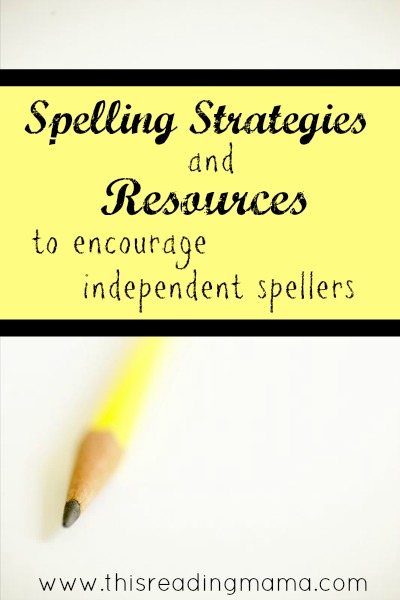
It’s writing time! For many, it’s already a dreaded subject for kids {and moms alike}. Well into the first sentence, it begins: “Mom! How do you spell…?” *Sigh* Do you ever feel tied down? Like you must sit and spell every unknown word to your young speller? The good news is that you don’t have to! Yay!
Here are a few spelling strategies and resources I have used with young writers {including my own} to help them spell more independently. Note: These strategies need to be modeled by you one at a time before your child will feel comfortable using them on her own.
1. Use a Word Wall
Our Word Wall is mainly used for sight words (frequent words that are not always spelled phonetically) and important words to our family that we’ve studied together. You can visit here for more ideas concerning Word Walls and sight words.
Make Portable Word Walls:
- use a science board
- use a manila folder (see below)–These are a great idea when you have multiple children with different words.
2. Meaningful Print and Labels
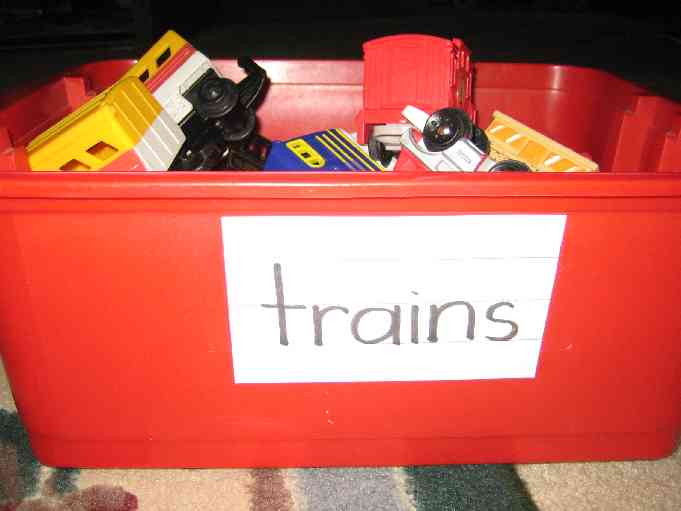
Label things around the house (believe it or not, my kitchen trash can is even labeled!) that are important to your child. These words can be rich resources for spelling. If your child likes to write, let her help you label things around the house. You can use index cards, card stock, or sentence strips (which I use).
3. Books
If he wants to write about monster trucks, get out a book about monster trucks. It may have many of the vocabulary words he will need.For my young spellers, I have books with labels beside the pictures, which serve as great resources.
4. Children’s Dictionary
You can search online or in your local bookstore for one that best suits your child’s spelling stage. When I taught K-1, I had several copies of The Cat in the Hat Beginner Dictionaries. The Measured Mom also has a FREE printable spelling dictionary, perfect for independent writing.
5. Allow “Invented Spelling”
This means that you let your child spell unknown words how they sound versus requiring all spelling to be conventional (or “correct”). For example, he may spell MOTRSIKL for motorcycle. There are several reasons why this reading mama likes invented spelling. Here are just a few. For the skeptics our there: very capable spellers, just like you, still use invented spelling sometimes! How did it look the last time you had to spell out the entire word miscellaneous?
- For younger spellers, say: “Can you s-t-r-e-t-c-h out that word and write down the sounds you hear?”
- For older spellers, say: “Can you think of a word similar to that word that might help you spell part of it?”
6. Circle misspelled words
Some of our sweet, little darlings really struggle with perfection and despite our attempts to help them, they still experience melt-down over misspelling a word. Encourage them to spell unknown words to the best of their knowledge, then lightly circle (in pencil) the words they think are misspelled. Assure these spellers that you will revisit the text with them and help them spell the words conventionally. Doing this can help these children move past, instead of focusing so much energy on, the misspelled word.
So the next time you hear, “Mom! How do you spell…?”, try one of these strategies.
Stay connected to This Reading Mama so you don’t miss a thing:
- Subscribe by email {get really cool FREEBIES when you do!}
- Google+
~Becky
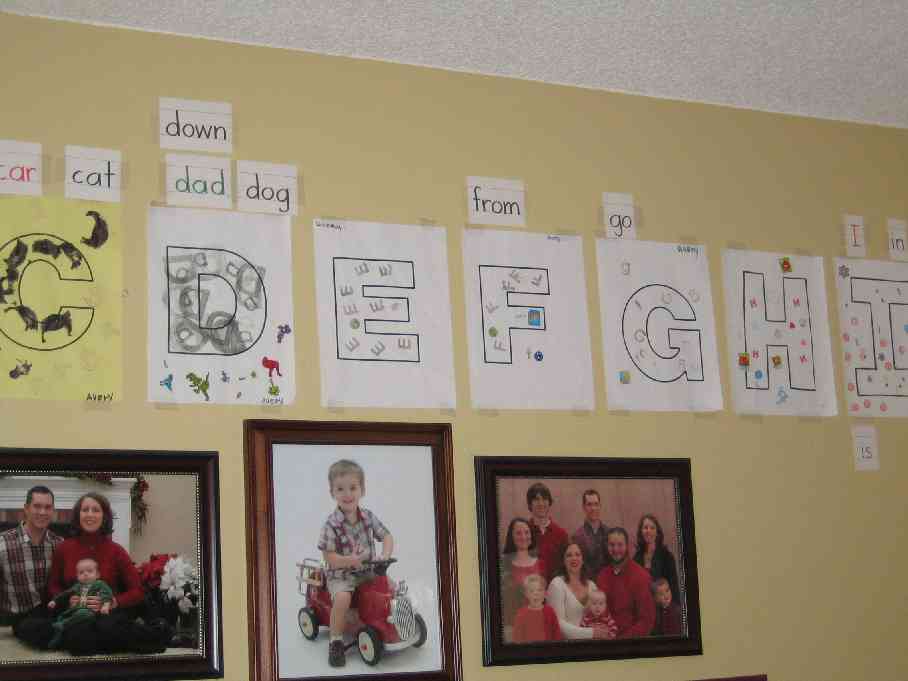
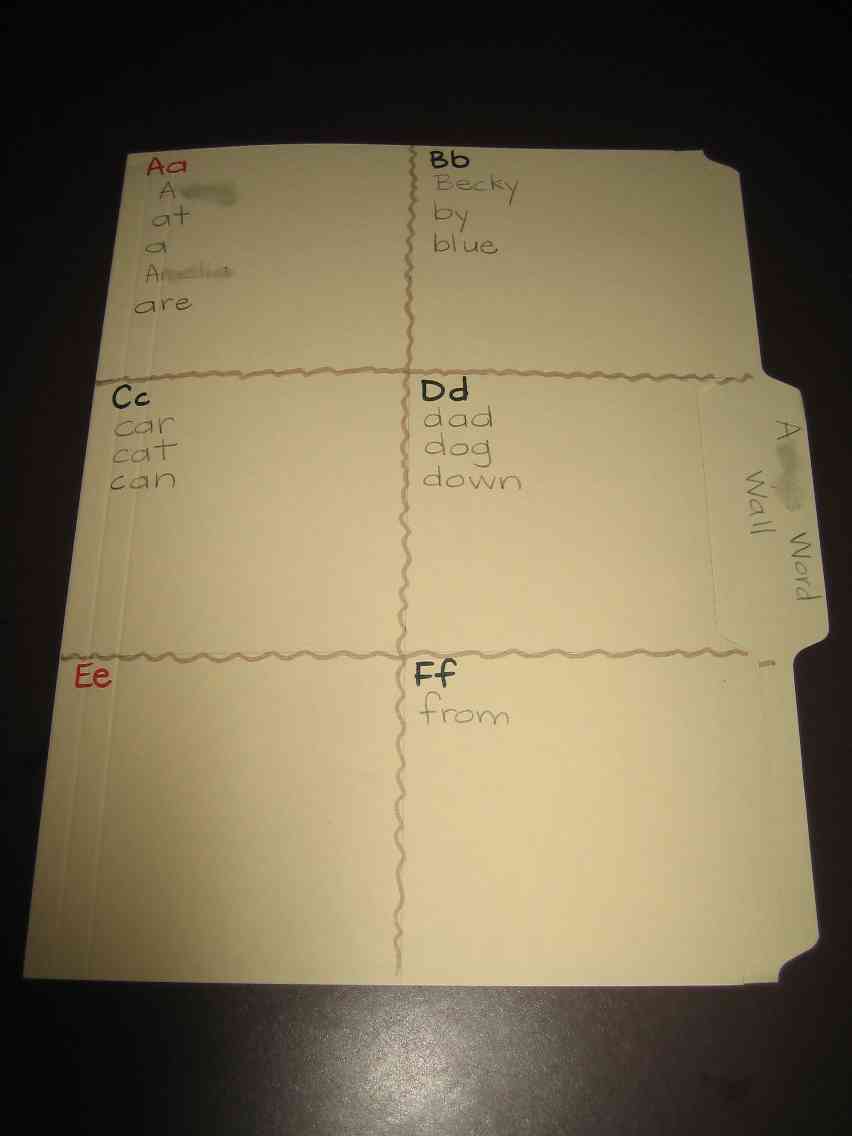
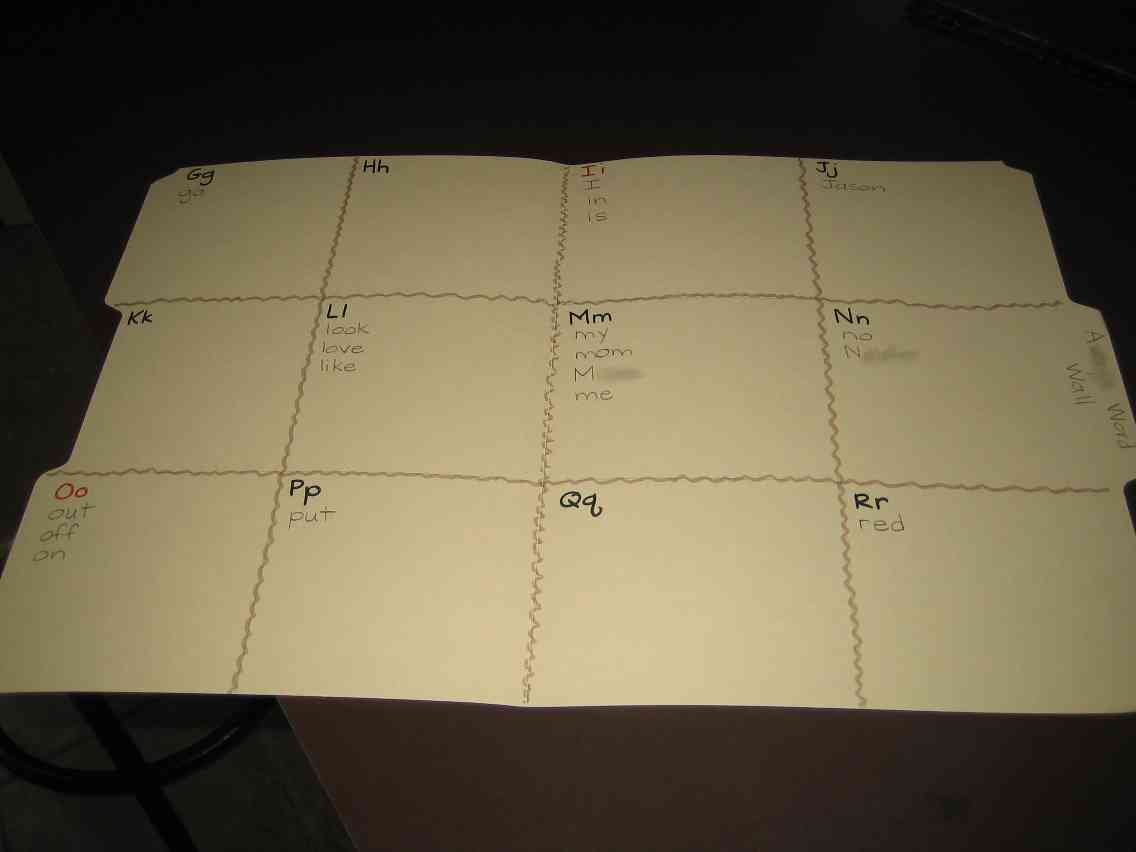
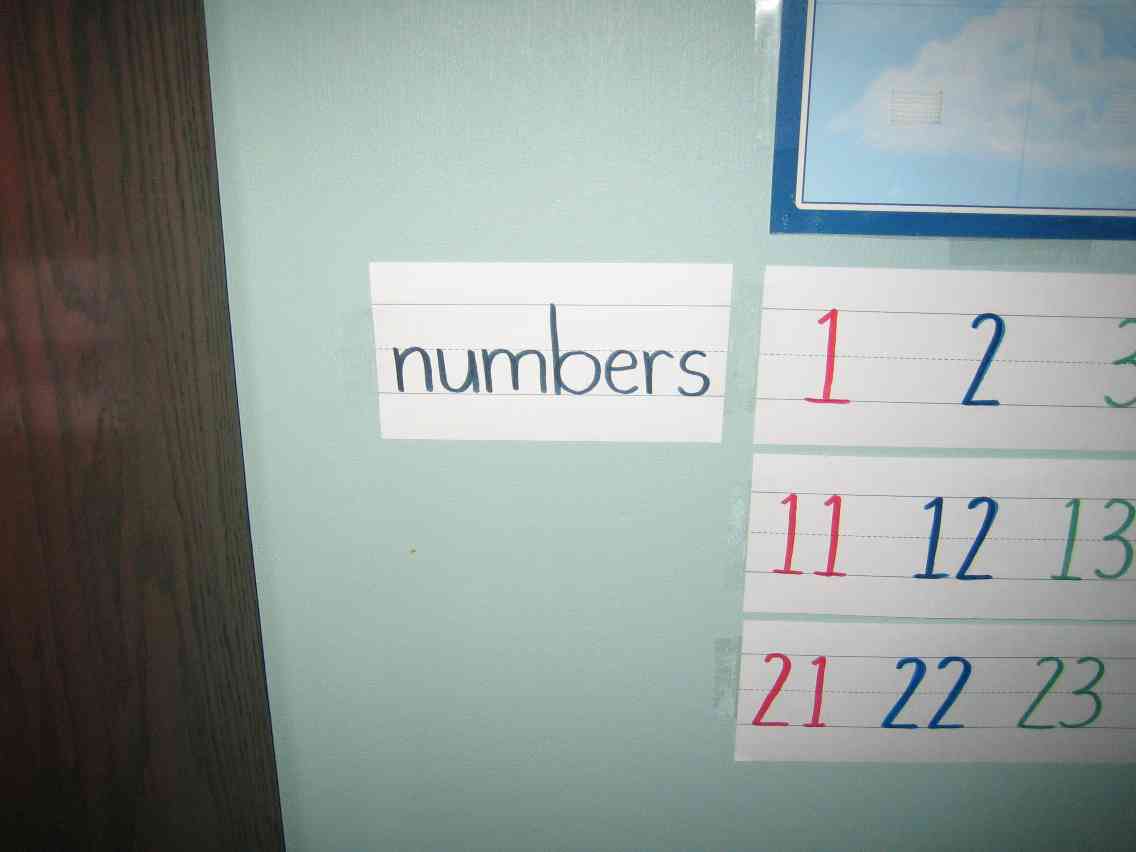
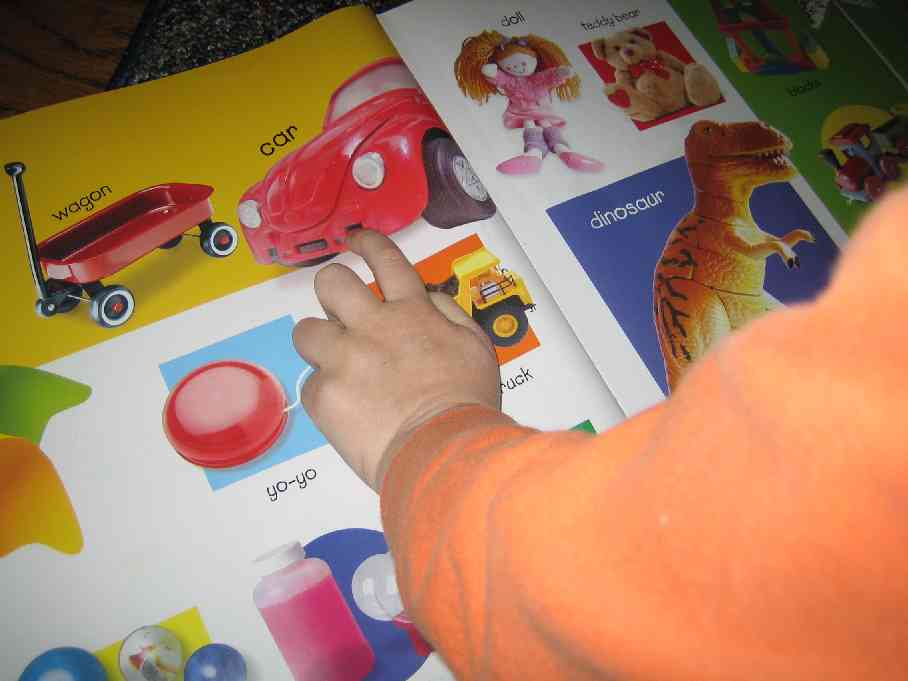
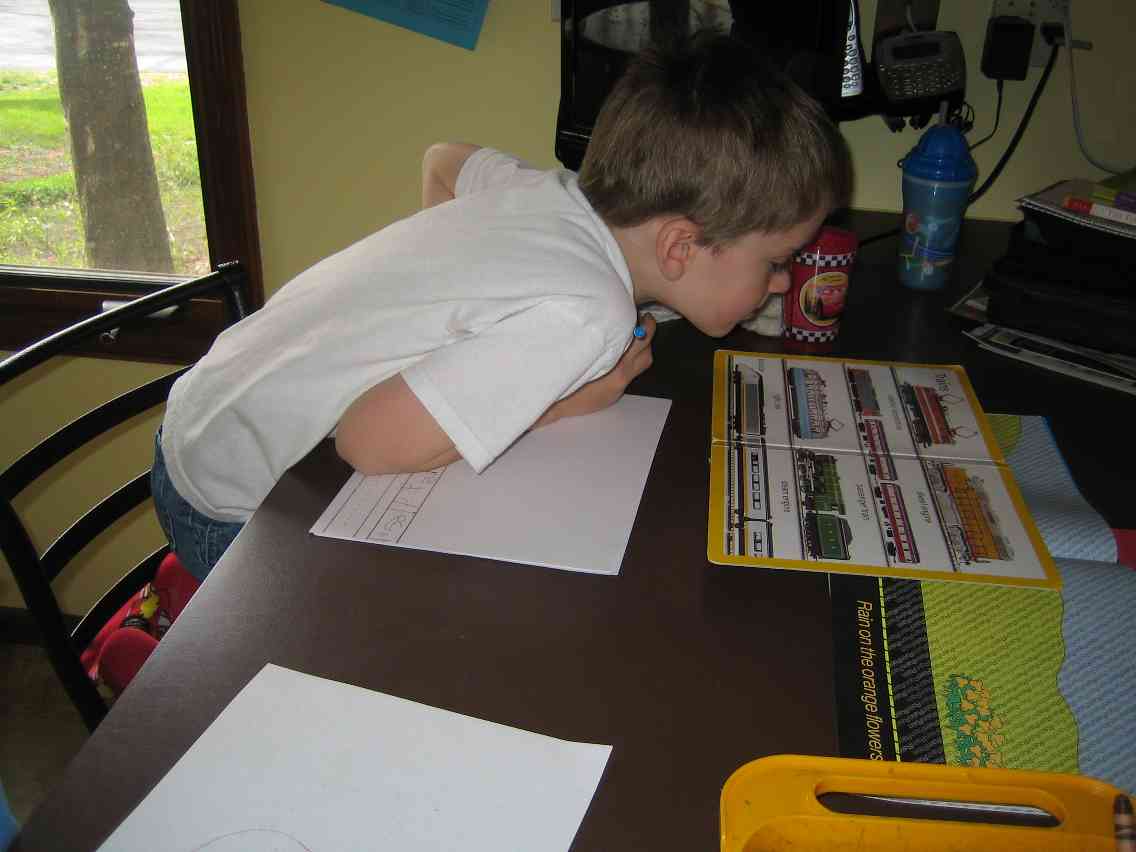
great ideas. we have a word wall, too.. though it has been a little neglected lately… i also have used the sign language signs for the letters to help. i taught them to the kids when they were learning the ABC’s, and we use them all the time. like when the kids NEED to know how to spell ‘deciduous’ right in the middle of a phone conversation, or when you’re helping another child with homework… you can sign it to them without breaking the flow of conversation. it takes a little practice, maybe, but it works awesomely for us. talk about extreme multitasking!
love the idea of the file folders too. we’ll have to try that out.
-shawnacy
Great ideas! I know spelling out loud–exspecially for multiple kids at the same time–can get old real quick.
Not to mention, if we spell everything for them, they aren’t utilizing strategies to become independent spellers on their own.
Love the sign language idea! I took 2 sign classes in my undergrad and knew several deaf people; so I had lots of practice back then. I still use sign a lot when I teach songs, but didn’t think of finger spelling words…cool idea. Thanks!
I’ve just started this with my 5 year old and made him an indexed notebook so I can write down words he asks for and then he can refer back to his personal dictionary. I only started the writing centre yesterday and he’s already requested 5 or so words and asked where the book was tonight so he could copy his cousin’s name. I had also started sticking his learnt sight words in a plastic presentation folder so he can flick through and find them again. I’d kind of forgotten that reading them doesn’t automatically mean you can remember how to spell them!